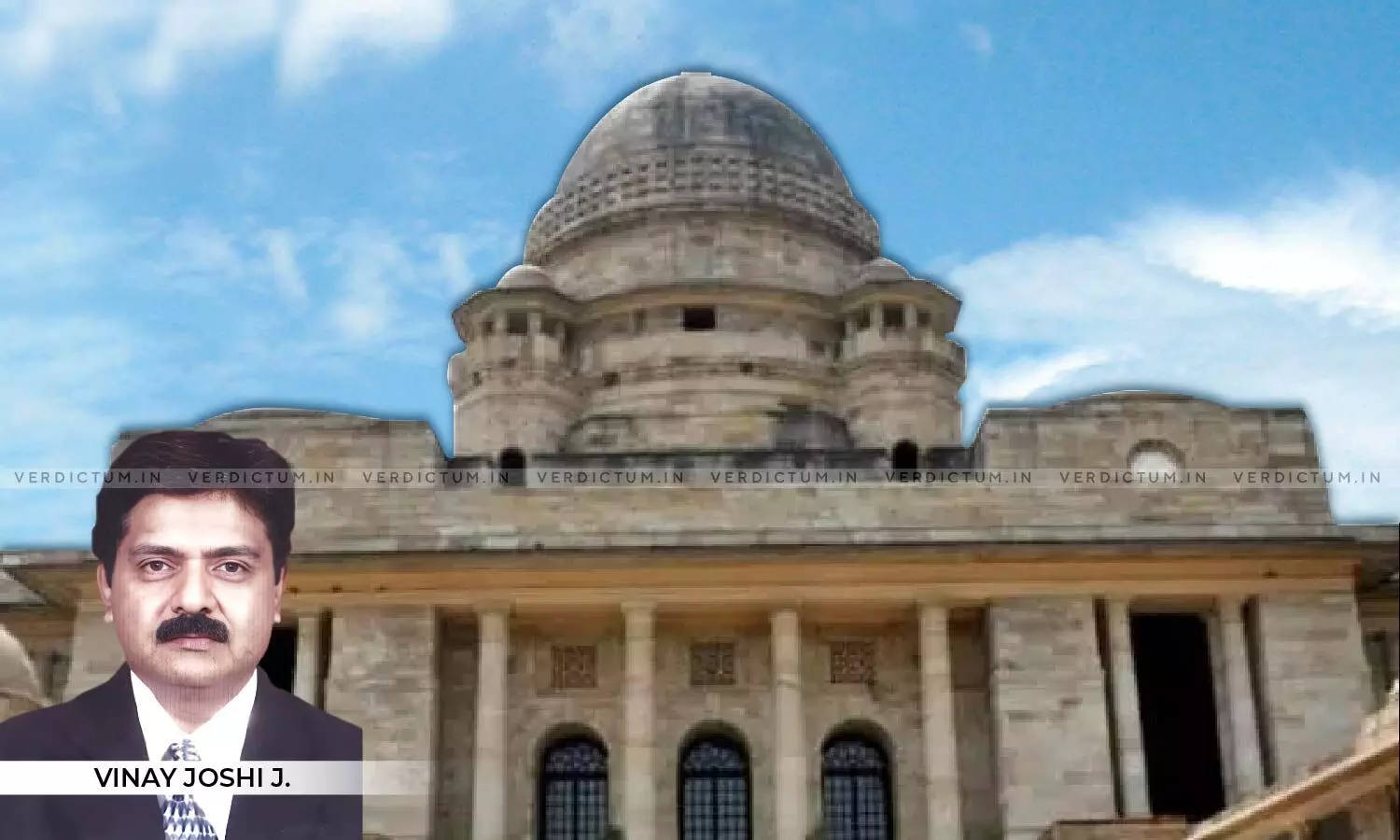
Multiple Murders Not Sole Criteria To Bring Case Into 'Rarest Of Rare' Category: Bombay HC Commutes Death Penalty
 |
|The Bombay High Court commuted the death sentence awarded by the Trial Court saying that the multiple deaths is not the sole criteria to bring the case into the category of 'rarest of rare'.
The Nagpur Bench was deciding a Criminal Confirmation Case in which the Sessions Court provided extreme penalty i.e., the death penalty and it was before the Court for scrutiny.
A Single Bench of Justice Vinay Joshi said, “Time and again in various decisions the Supreme Court has expressed that multiple deaths is not the sole criteria to bring the case into exceptional category. At the cost of repetition, we may say that the incident was occurred on a momentary quarrel. Before short time from the occurrence, nothing was planned or arranged, but, when accused learnt that Dwarkabai was manhandled, they got annoyed and rushed for her safety. They assaulted Shubham and only because the rest three came to the rescue of Shubham, in succession they have also been done to death.”
Addl. P.P. S.S. Doifode appeared on behalf of the Appellant/State while Advocate R.M. Daga appeared on behalf of the Respondents/Accused.
Brief Facts -
The Respondents/accused were tried and convicted by the Additional Sessions Judge for the offence punishable under Section 302 read with Section 34 of the Indian Penal Code (IPC) and Section 506 (Part-II) read with Section 34 of IPC. However, they were acquitted for the charge under Section 323 of IPC. They were sentenced to death penalty along with a fine of Rs. 50,000/- each.
The accused persons were related to each other being husband and wife and their son. They were charged for committing murder of four persons who were also interrelated to each other. As per the prosecution case, a Civil Suit for partition was filed by one of the accused and there happened to be a dispute in between the parties. The accused persons were allegedly armed with a knife, sickle, and an axe. It was alleged that they committed the murder.
The High Court in view of the above facts, observed, “More interestingly the reasoning assigned by the trial Court for awarding capital punishment [paragraph nos.341 to 354] are quite strange. The trial Court has quoted a verse from Mahabharata, which we feel to be an unwarranted exercise. More interestingly in paragraph no.344 of the decision, the trial Court has reproduced some crime data regarding State of Maharashtra of last 10 years. It has been stated that during last 10 years, 23,222 offence of murder have occurred in the State. Incidents of 4 murder in a single occurrence in last 10 years are 19 in number. On the basis of said statistical data, it has been expressed that such incident of committing 4 murders in a single incident are rare and therefore, falls in the category of rarest of rare case.”
The Court added that the approach of the Trial Court is erroneous, as on the basis of some statistical data, without returning to the facts of the case, the category cannot be decided and in criminal trial, each case has its own feature and distinctions.
“The Court has to evaluate the case strictly on the facts of the case and not to be swayed by the statistics and numbers of similar cases. The said approach is wholly erroneous, which shall be kept out of consideration”, it noted.
The Court further noted that, besides multiple murders, there is no other uncommon feature to carve out the exception and it is not a case of brutal killing of defenseless or vulnerable section of the society, namely women or minor children.
“Moreover, there was no motive for the accused to kill all the four deceased. Everything erupted at a spur of moment on account of trifling issue of mis-behaviour with the accused no.2 Dwarkabai at the hands of deceased Shubham. Unfolded evidence discloses that when the accused nos. 1 and 3 received a telephone call from accused no.2, they lost temper, and in retaliation, assaulted the deceased by the weapons which they brought and killed all four. The circumstances do not indicate that life imprisonment is altogether inadequate punishment compelling the Court to arrive at a conclusion that alternative mode would result into failure of justice”, it also said.
The Court remarked that the case does not fall within the category of ‘rarest of rare’ case warranting the death penalty and that the same would not fall into the exceptional category. It added that the offence has undoubtedly been committed, which can be said to be brutal, but, does not warrant a death sentence.
“There is no material to answer with certainty that there are no chances of reformation. Thus, we are of the considered opinion that it is a fit case for commutation of sentence. … Imposition of punishment is a delicate task of every criminal trial. The variety of circumstances needs to be considered while imposing punishment”, it emphasised.
The Court, therefore, converted the death penalty into imprisonment of life for accused Nos. 1 and 3 and without remission for the period of 30 years of actual imprisonment for the accused No. 3. It also reduced the fine amount to the extent of Rs. 10,000/-. However, it acquitted the accused No. 2 of all charges.
Accordingly, the High Court decided the Confirmation Reference and partly allowed the Criminal Appeal.
Cause Title- State of Maharashtra v. Haribhau Rajaram Telgote & Ors. (Neutral Citation: 2024:BHC-NAG:12437-DB)
Appearance:
Appellant: Addl. P.P. S.S. Doifode and APP A.M. Badar.
Respondents: Advocate R.M. Daga